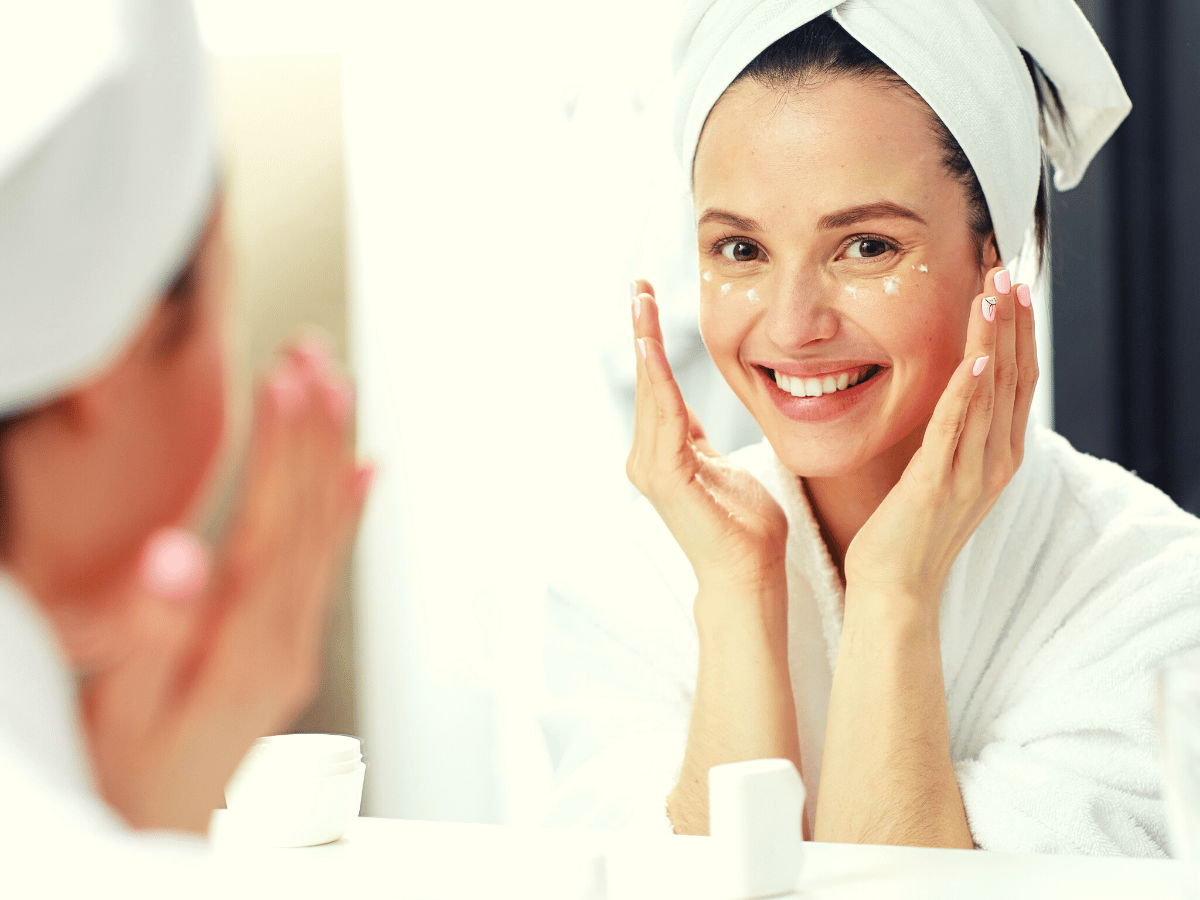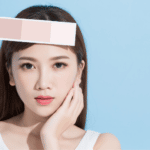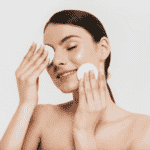Skin is the largest part of our body. It is also the most exposed organ, so by nature, it is more prone to damage and irritation. Taking care of your skin in your 20s is a very crucial step in preventing premature aging.
According to conducted research by Cold Spring Harbor Perspectives in Medicine, cellular turnover decreases dramatically by a whopping 28 percent as you age. This means that duller complexion and fine lines are more noticeable in your 30s and 40s. During this age, your skin will have slower skin cell turnover and your skin damages may appear more drastic.
Because of this, establishing a curated skincare routine is a must. But, skincare routines and products should also be more of a Your Mileage May Vary or YMMV. Not all products work for everyone.
Different skin types need different attention and TLC. Establishing a skincare routine that works for you can have bigger benefits not only on your skin right now, but for more years to come.
In this article, we are going to share with you the secrets and some of the best tips on taking care of your skin to achieve and maintain that youthful, healthy glow!
1. Wash your face every day

Do:
Most people only wash their faces at night, right after work or going out. But how about every morning? According to the American Academy of Dermatology Association, it is best to wash your face at least twice a day. Both morning and night. Washing your face after heavy perspiration might also help in reducing oil build-up on your skin that might clog your pores and lead to acne.
Stop using a facial wash that strips off your natural oils. A facial wash that feels drying or makes your skin feel tight is not a good indicator of an effective product. Look for products with more natural ingredients that do not dry out the skin. Even for those with oily skin, it is also best to refrain from using these harsh skincare products because it will cause further dryness – in turn, making your oil glands produce more sebum.
2. Hydrating skin

Do:
Different skin types need different treatments like hydration or moisturization. Somehow people use those two terms interchangeably. Hydrating the skin means providing more moisture into the skin, while moisturization protects your skin to prevent water loss. People with oily skin will benefit more by using lightweight and hydrating products. Moisturization or products with heavier oils are more suitable for people with dry skin.
Don’t use products that irritate, dry, and tighten your skin. If you have acne-prone skin, it’s best to stay away from using harsh chemical products. It’s also wise to always read the ingredients and familiarize yourself with non-comedogenic skincare ingredients.
3. Don’t forget to exfoliate

Do:
Well-exfoliated skin is healthy and happy skin. Exfoliation means sloughing off dead skin cells that make your skin look dull and textured. A well and healthy exfoliated skin show newer skin cells that look more supple, glowing, and fairer. There are different exfoliating products you can use which can be categorized into two: chemical and physical.
Chemical exfoliation means using safe chemical ingredients to slowly remove dead skin cells on top of your skin – which enhances skin cell turnover.
Physical exfoliation uses abrasive ingredients that rub on your skin to remove dead skin cells faster. However, using it too harshly can leave micro-tearing on your skin. It is highly advisable to use these facial scrubs with utmost precaution!
Don’t over-exfoliate your skin! We understand how tempting it feels to just scrub off all the dead cells on top of your skin to achieve that youthful glow, but good things take time. Stop using too many exfoliants and using them too frequently. A healthy amount of dead skin cells on top provides extra protection against germs, UV rays, and pollution. Exfoliation once or twice a week is enough to keep dead skin cells at bay.
4. Use products with active ingredients

Do:
Different skin concerns need different treatments. Not all skincare products provide solutions to all skin problems. Acne-prone skin needs products with salicylic acids to help remove oil build-up on the skin while people with dry skin can benefit more from using glycolic acid as they help draw in moisture and help slowly shed dead skin cells on top. Products with hyaluronic acids are also proven to provide moisture for people with drier skin.
Like exfoliation, using too many different products with different active ingredients all at once is not advisable. This can cause irritation and might even lead to acne breakout. It’s best to do patch testing first whenever you’re trying a new product. Then try them for a few days or weeks before using them more frequently.
5. Retinol is your best friend

Do:
Contrary to popular belief, you can start your retinol journey in your 20s! Retinol provides amazing and faster skin cell turnover, which helps exfoliate dead skin cells and promote newer and healthier skin on top. Retinol or vitamin A is dermatologically used for reducing fine lines and wrinkles upon consistent use. Retinol also comes in different strengths and formulas. Make sure to use the lowest percentage possible at first. Then, build your way up to higher strength if needed.
Just because retinol is the holy grail for antiaging, doesn’t mean you’re going to bombard your skin with it. Retinol can cause photosensitivity and it’s important to use extra protection on your skin like moisturizers and sunscreen. Retinol is also not advisable for pregnant women. Make sure to consult your doctor first if you want to start your retinol journey.
6. Never forget your sunscreen

Do:
All of this skincare is nothing if you don’t protect your skin against harmful UV rays. To prevent further damage to your skin, the most critical step of all is staying out of the sun. Not only sunscreen will prevent sunburn or tanning, but also prevents other skin issues such as melasma and premature aging. Wear sunscreen at least SPF 30. Some also go to higher protection like SPF50 or more with PA+++ for more extra protection.
There are also different categories for sunscreen which are physical and chemical. Most physical sunscreen leaves out a white cast but is much effective in protecting the skin. Especially when swimming on the beach or you’re out longer in the sun. Chemical sunscreen works by going deep within the skin and providing protection against harmful UV rays. Chemical sunscreen is mostly preferred for everyday use, as they don’t leave any grayish tint or white cast.
Don’t skip sunscreen! Remember this as the golden rule of skincare: “Never go out in the sun unprotected.” Wear a wide brim hat or use an umbrella if you’re going to spend a long time outside. Backing off from tanning also helps maintain that youthful glow. If you want sun-kissed skin, limit your sun exposure or you can always count on bronzers for instant golden tone.
To prevent a future acne breakout, it’s recommended to wash off your face with a gentle cleanser. You can also use micellar water to remove sunscreen and make-up first, before washing your face.
Bonus Tips:
Since everyone’s skin type is different, it is important to do what’s best for your skin and not just use what everyone else is using. Listen to your own skin. Be mindful of what your current skincare routine does to your skin. If it causes irritation or breakout, stop using it. Just because everyone is raving on a certain product, means you’re going to jump on the bandwagon.
Being stressed can also have an impact on your skin making you look more tired, lifeless, and dull. Although it is not entirely possible to avoid stress, somehow we can manage how it controls and affects our quality of life. Be sure to take care of your mental health first. Be active and do exercises to release endorphins. Make yourself feel good to actually look good.




